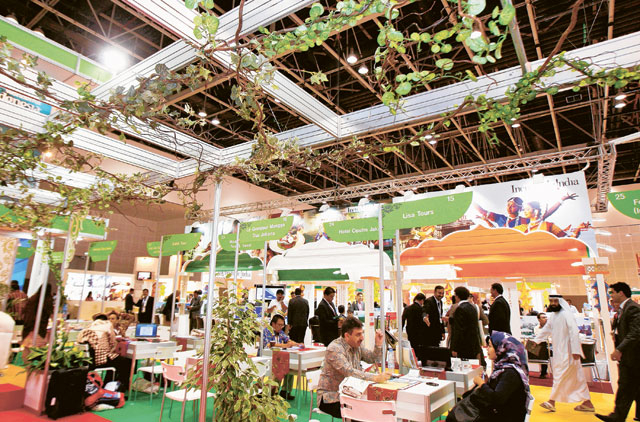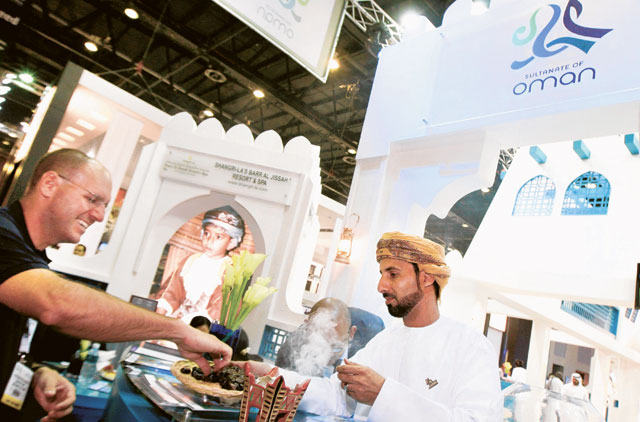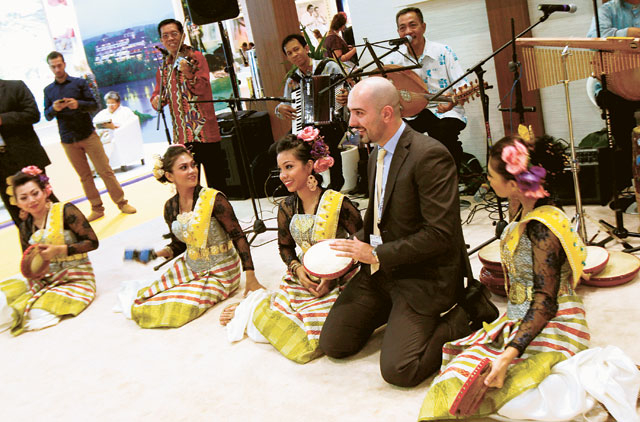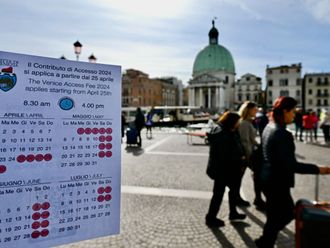
Dubai Amid the growing number of online travel bookings, Emirates Holidays is seeking to evolve its online booking platforms to appeal to younger, internet-savvy travellers, a senior executive said.
"As we evolve, we're going to be more and more online as well … It's not just the mature people with lots of money who book with us," said Frederic Bardin, senior vice-president of Emirates Holidays.
With the financial crisis tightening purse strings, young travellers are scouring travel websites for the cheapest deals, often cutting out the middleman — tour operators — to reduce costs.
"This we define as we go, but we're certainly trying to cater to these young guys as well," said Bardin.
The region is also seeing the emergence of a new type of traveller: young people who go abroad to do humanitarian work during the summer and spend the rest of their time sightseeing, he said.
The top destinations for UAE residents going on holiday this summer include Europe, Australia, Malaysia and Thailand, he said, based on summer bookings so far.
Holidaymakers are taking shorter, more frequent trips as work and life pressures prevent them from going away for longer, he said, highlighting the main travel trends this year.
Qatari travellers are the highest spenders abroad with a daily average of $4,100 (Dh15,056) followed by Saudi Arabia $3,360 and the UAE $3,280, according to a recent study. GCC nationals spend 260 per cent more on airfares and 430 per cent on accommodation, but 13 per cent less on car rental compared to the rest of the world, according to a study by Sunil Malhotra, senior lecturer at the Emirates Aviation College, entitled The Outbound GCC Travel Market - Unique Trends and Characteristics of GCC Nationals.
Class of travel
"The class of travel is also important, with 40 per cent of Qataris interviewed opting for first class, and between 40 and 60 per cent of all GCC citizens booking business class," said Malhotra.
Travellers from this region are more likely to take extended vacations, led by Qatari and Saudi Arabian travellers, with stays ranging from 14 to 56 days.
The wife usually chooses the destination in Bahrain, Kuwait and the UAE, while the head (male) of household has the final say in Oman, Qatar and Saudi Arabia. The survey showed that 53 per cent of respondents will travel to two to five countries for leisure within the next 12 months, with Saudis the most frequent travellers, followed by Emiratis.
"Cultural experiences and family focus are the two most important factors when planning travel, with 40 per cent of survey respondents looking at taking an extended three to four-week trip in the next 12 months," said Malhotra.
The breakdown of spend across all GCC nationalities includes 54 per cent allocated to air fares (across all classes of travel), 18 per cent to accommodation, 9 per cent to dining and 5 per cent to car rental.
The survey interviewed 2,500 GCC citizens about their travel habits over a 12-month period from January to December 2011. It included citizens from Bahrain, Kuwait, Oman, Qatar, Saudi Arabia and the UAE. It focused on 20 criteria from travel spend and favored class of travel to destination-specific preferences and decision-maker identification, to present a detailed picture of GCC residents' habits.















